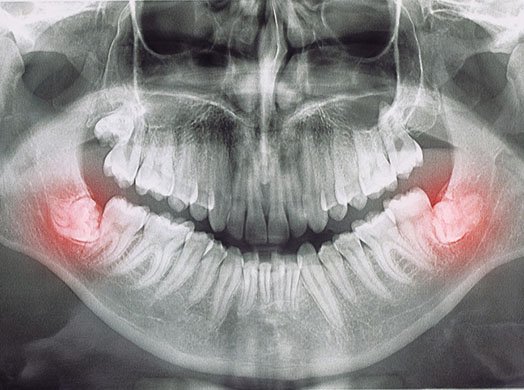Oral Surgery
Oral and Maxillofacial Surgery

Oral Surgery Canley Heights
Oral surgery is also called maxillofacial surgery, and it deals with the diagnosis and surgical therapy of the diseases and injuries of the human mouth, jaw, and associated structures.
The following conditions may require oral surgery
Impacted Teeth
Wisdom teeth or the final set of molars become most familiar to people when they reach their late teens or early twenties.
They are called wisdom teeth because they come out at the age you supposedly have more wisdom.
Sometimes, these teeth emerge from the gum line, and the jaw is large enough to have room for them, but in many cases, this is not true.

Reasons for Extracting Wisdom Teeth
A lot of people suffer from wisdom tooth problems. Wisdom teeth may grow partially or entirely.
Impacted wisdom teeth must be removed.
A wisdom tooth is removed for the following reasons:
- They’re impacted
- Growth at the wrong angle
- You have a gum infection
- Trapped within the jawbone
Tooth Loss
A dental implant is a medical-grade titanium post that bonds with the jawbone to support and hold up a dental prosthesis such as a crown, bridge, denture, facial prosthesis, or to act as an orthodontic anchor.
Qualified candidates for dental implants need to have a sufficient bone level and density, must not be prone to infection and must be willing to sustain good oral hygiene habits.
Jaw Problems
Unequal jaw growth
In some cases, the upper and lower jaws fail to grow properly. This can cause difficulty while speaking, eating, swallowing, and breathing.
And some of these problems, like improper teeth alignment, can be corrected with braces and other orthodontic surgery. However, more severe problem may require oral surgery to remove all or portion of the lower and upper jaw or both, to create a condition that is more balanced, functional, and healthy.
Improve the fit of dentures
For first-time denture wearers, oral surgery may be performed to correct any irregularities of jaws before creating the dentures. This ensures a better fit; it can also help long term denture wearers.
Supporting bone often deteriorates over time, resulting in a denture that no longer fits properly.
Temporomandibular joint disorder
The temporomandibular joint (TMJ) is the bone that attaches the jaw to the temporal bones of the skull.
Temporomandibular joint dysfunction, known more commonly as TMD, occurs when there are problems with the muscles and jaws in the face. You may not be able to open your mouth very wide without pain or clicking noises.
Usually, this is the result of clenching your jaw or consistently grinding your teeth over a long time. Specific injuries or arthritis can also cause direct damage to the joint.
TMJ dysfunction or TMJ disorders such as this can cause facial pain, headaches, dizziness, and neck and back pain.
Other Conditions Treated by Oral Surgery
- Facial injury repair
- Lesion removal and biopsy
- Cleft lip and cleft palate repair
- Facial infection
- Snoring
Oral Surgery in Canley Heights
Your trusted dentist Canley Heights deals with the analysis and treatment of different oral conditions that require surgical intervention.
To know more about our oral surgery procedures in Canley Heights, please call us on (02) 9199 9678 or book your appointment online.
We are located at 1/229 Canley Vale Road in Canley Heights.
Frequently Asked Questions
What is included in oral surgery?
What kind of foods can I eat after having oral surgery?
After the day of the surgery, avoid eating crunchy foods such as popcorn, nuts, and potato chips which break up into little pieces and may get packed down into the extraction sites.
If you had dental implants placed, please avoid chewing hard foods with the implants for six weeks or the healing of the implant will be compromised.
